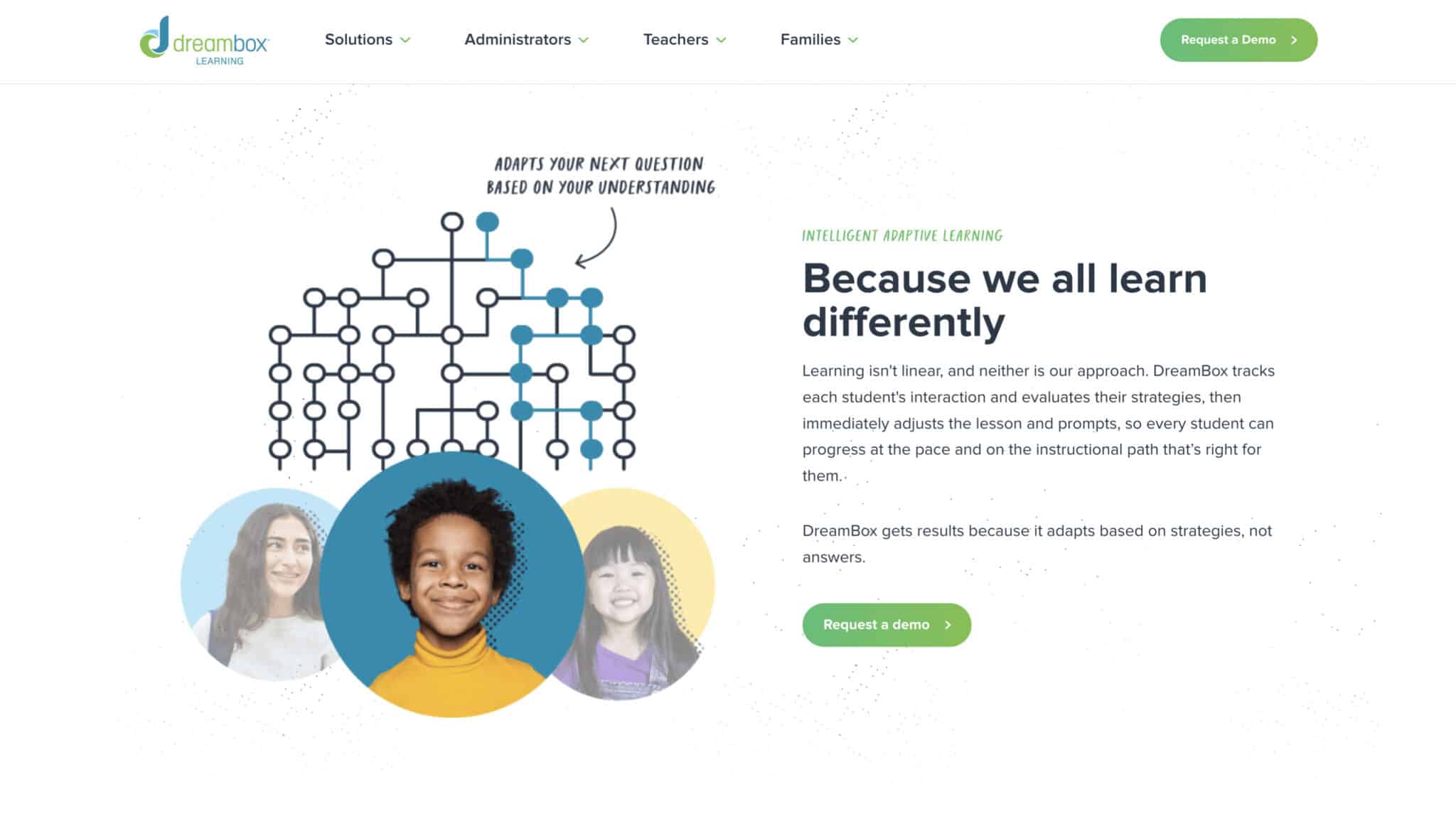AI-powered chatbots and virtual assistants
The use of AI-powered chatbots and virtual assistants in education is akin to possessing a personal tutor who never needs to take a bathroom break. They can answer your questions 24/7, and they don’t even complain about how much coffee you’ve had.
The use of AI-powered chatbots and virtual assistants in education changes how students receive support and guidance. These intelligent assistants can interact with students through a variety of channels, including messaging platforms, voice assistants, and even augmented reality (AR) interfaces. With natural language processing algorithms, AI-powered chatbots and virtual assistants can act like personal tutors, offering instant feedback and guidance to students whenever they need it.
Grading with AI-powered tools
As former students, we all know that the only thing worse than receiving a failing grade is waiting weeks to receive it. That’s where AI-powered grading tools come in! These machines may not be able to make you a sandwich, but they can analyze and evaluate your assignments faster than you can say “I forgot to study.” With tools like Gradescope and Turnitin, you’ll receive feedback faster than you can say “my dog ate my homework” – although let’s be real, that excuse would never fly with these AI-powered plagiarism checkers.
AI-powered grading tools simplify the way educators grade student assignments. With these AI-powered grading tools in your corner, you can say goodbye to waiting days (or weeks!) for your assignments to be graded. They not only lighten the workload of teachers but also provide students with turbocharged feedback that helps them take their academic performance to the next level.
Using Predictive Analytics to Enhance Learning Outcomes
Picture this: you’re a teacher with a crystal ball that can predict your students’ academic performance. No, this isn’t some kind of Harry Potter magic, it’s the power of AI-powered predictive analytics algorithms. These algorithms can analyze student data and behavior to identify patterns that can help teachers prevent problems before they even happen. Your own superhero sidekick that can spot trouble before it starts!
Early warning systems use AI algorithms to spot students at risk of failing and give teachers a heads-up when things go south. No more surprises – this system monitors attendance, grades, and behavior, and alerts you when a student is in trouble, giving you time to step in and provide the targeted support they need to succeed.
With the help of predictive analytics, students can now get personalized recommendations on how to achieve their goals. By analyzing their performance data, these smart algorithms can identify areas where they need improvement and offer targeted resources and activities to help them succeed. Say goodbye to self-doubt and hello to your very own AI cheerleader, rooting for your success!
Adaptive Assessments in Edtech
Adaptive assessments powered by AI are like a virtual puzzle. The AI algorithms analyze your answers and adjust the pieces, creating a unique challenge that’s just right for you. So why settle for a boring old crossword when you can have a custom-made brain teaser?
One example of an adaptive assessment tool is DreamBox, which provides personalized math instruction for K-8 students. The platform utilizes AI algorithms to adjust the difficulty of math problems based on a student’s performance, providing targeted practice to help them master new concepts. As students progress through the platform, it adapts to their unique learning styles and provides real-time feedback to help them stay on track.




